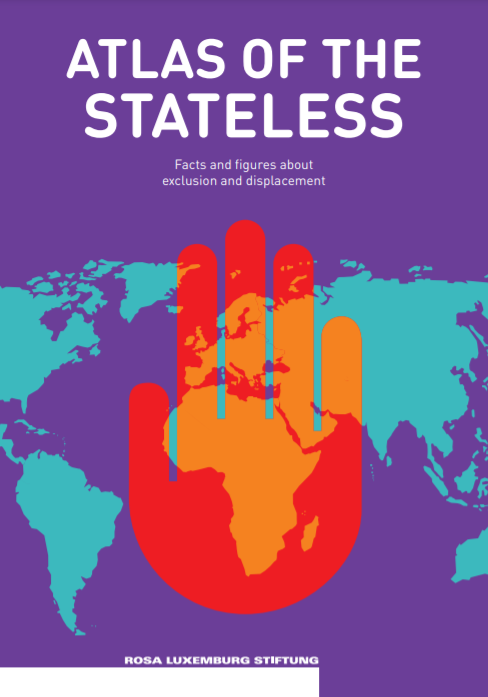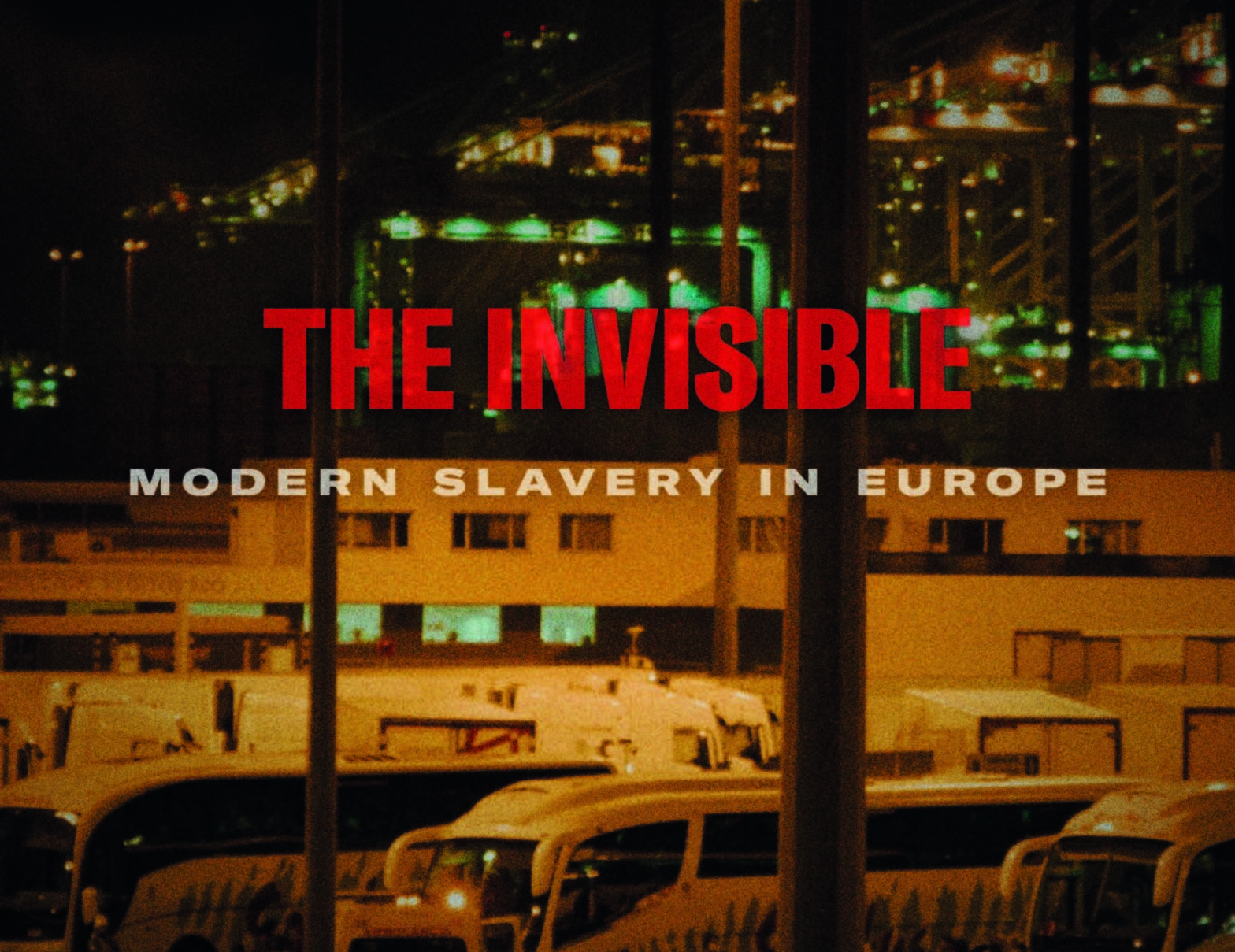Share Twitter Facebook Email Copy URL
The Atlas of Enslavement was released on the occasion of the International Day for the Abolition of Slavery. It provides an in-depth analysis of the inhumane “enslavement market” in 25 articles and more than 50 graphics for a better understanding of the gravity of the situation. It is available in English, French and German.
A new website dedicated to the Atlas of Enslavement has been created. Access it to read all the articles and check all the extra contents.
Why the Atlas of Enslavement?
Each year, only 0.2% of global cases of slavery are investigated and prosecuted. While forced labour generates 150 billion dollars in profits annually, OECD countries spend only 0.08% of this sum per year on combating slavery.
With the Atlas of Enslavement, the Rosa-Luxemburg-Stiftung wants to raise awareness of the largely unrecognized phenomenon of slavery in the 21st century and to contribute to putting the issue on the political agenda.
At least 40 million people
It would be wrong to assume that slavery no longer exists today. Indeed, according to the latest estimates by the International Labour Organization, at least 40 million people worldwide are affected by “modern slavery”. This term includes forced labour as well as forced prostitution and other forms of exploitation.
Modern slavery is woven into our clothing and is prevalent in the global sex industry and in domestic service. It is particularly important to present these connections now, during the COVID-19 pandemic, because victims of enslavement are currently under particular pressure from the threat of deportation. In addition, the economic recession that accompanies the pandemic is likely to put even more people at risk of trafficking and slavery.
We need a global framework for collective action in order to achieve the abolition of slavery worldwide.
Eva Wuchold, programme director social rights
rosa-luxemburg-stiftung geneva


The stateless need rights, protection and a voice
Last year, the Rosa-Luxemburg-Stiftung published the Atlas of the Stateless which provides information on the situation of stateless people worldwide in 53 graphics and 6 thematic articles as well as 19 country examples.
Download it and order your free copy below.



